Keywords: Facebook
There are more than 24 results, only the first 24 are displayed here.
Become a subscriber for more search results.
-
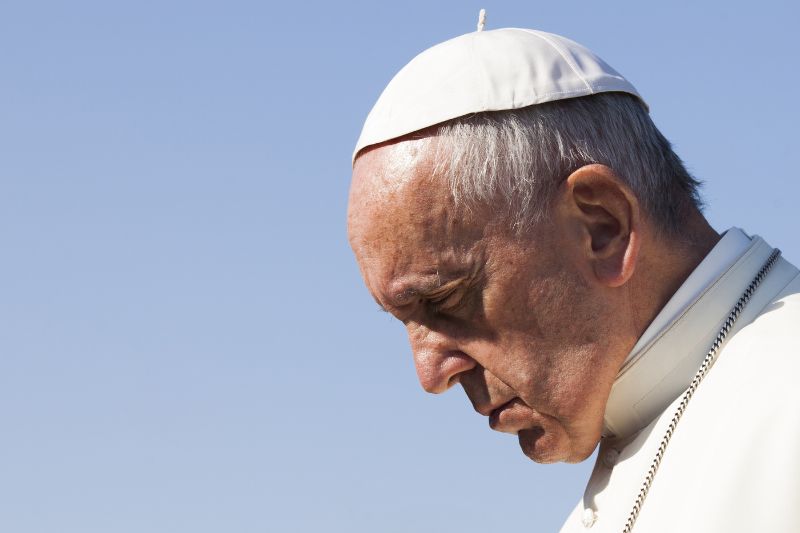
RELIGION
- Miles Pattenden
- 07 May 2025
In an age of transient politics and market-driven morality, the papacy remains a rare constant. The pope has enduring significance as a global moral figurehead whose authority lies not in power but in the stubborn articulation of what ought to be.
READ MORE
-
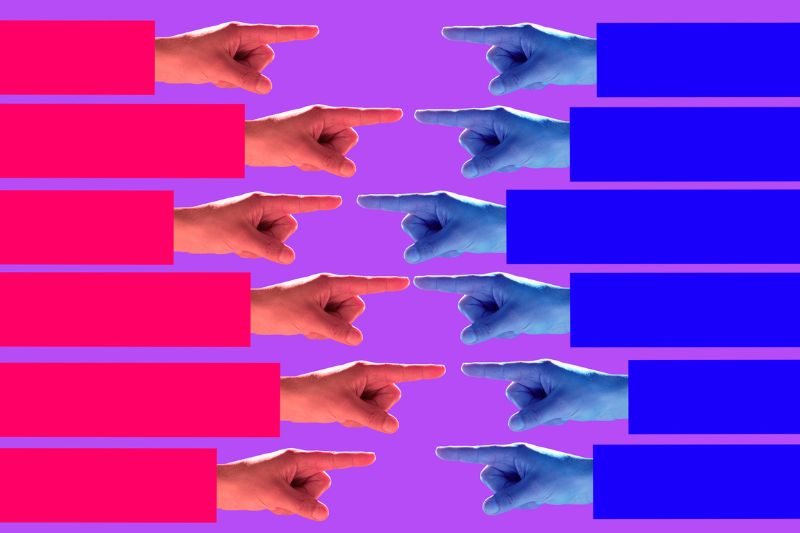
AUSTRALIA
- Sarah Klenbort
- 12 March 2025
As Australia heads towards another federal election, the influence of big money in politics looms larger. In the U.S., billionaires and corporate interests have eroded trust in government. Campaigns there cost billions of dollars, while ours, for now, do not. But can we keep it that way?
READ MORE
-
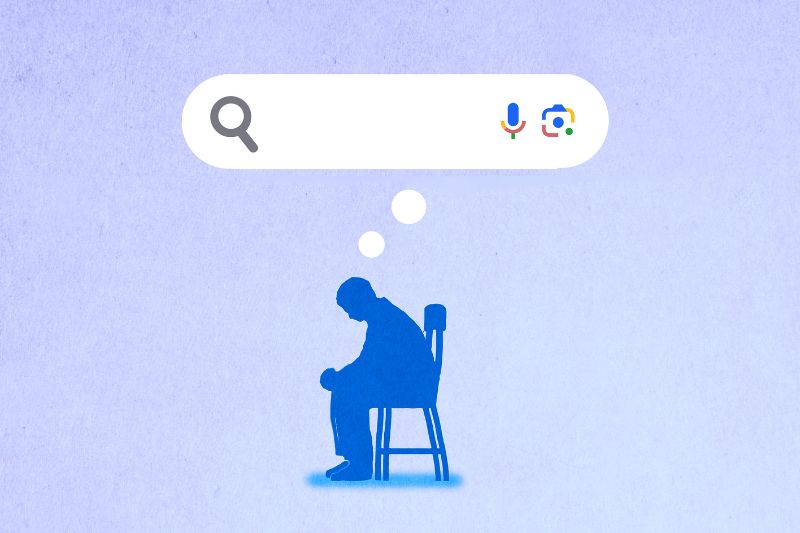
RELIGION
- Michael McVeigh
- 12 February 2025
Vice President JD Vance’s defense of Trump’s executive orders has ignited a theological debate on "ordo amoris"—the order of love. Critics argue that reducing love to a hierarchical formula distorts Catholic social teaching. But is the influence of big tech reshaping both religious thought and our global priorities?
READ MORE
-

ARTS AND CULTURE
- Barry Divola
- 30 January 2025
The flame war over A Complete Unknown burns like a fire on Main Street, with Dylan die-hards railing against its liberties, sometimes without even seeing it. But in their quest for accuracy, they overlook a deeper truth: when has Bob Dylan ever let facts stand in the way of a good story?
READ MORE
-
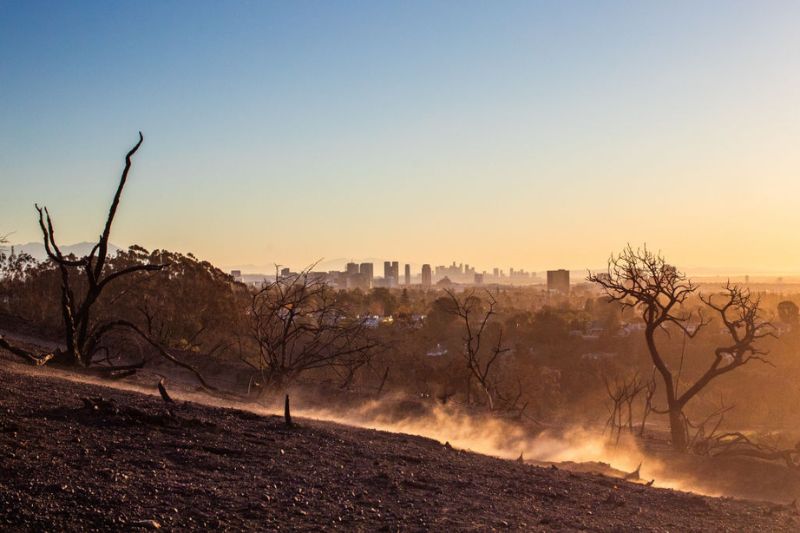
INTERNATIONAL
- Jim McDermott
- 16 January 2025
In Los Angeles, wildfires blur the line between disaster and daily life. Evacuation alerts, smoke-filled horizons, and neighborhoods turned to ash coexist with packed restaurants and holiday plans. As the fires rage on, one question persists: is this the new normal?
READ MORE
-

ARTS AND CULTURE
- Simon Smart
- 19 December 2024
Modern advertisements blend artistry and manipulation, tugging our heartstrings while selling us things we didn’t think we needed. Take the Austrian financial giant Erste’s annual Christmas ad, which this year chronicles the history of 'Silent Night.' It's breathtaking — until its message makes a baffling twist.
READ MORE
-

EDUCATION
- Peter Hosking
- 11 December 2024
In a world reshaped by smartphones and social media, Generations Z and Alpha grapple with rising anxiety, diminished attention spans, and the erosion of real-world connections. As governments and parents push for reforms, the challenge is clear: how can technology serve young people’s growth without exploiting their vulnerabilities for profit?
READ MORE
-

AUSTRALIA
- Sarah Klenbort
- 10 December 2024
From playground shrugs to a growing male crisis, outdated ideas about masculinity fuel violence, isolation, and despair. Addressing these challenges starts with how we raise boys — teaching compassion, accountability, and the courage to truly connect.
READ MORE
-
.jpg)
MEDIA
- Michele Frankeni
- 15 October 2024
Two years ago to the month, I wrote in this column of my despair and disgust of the impunity with which society leaders and politicians didn’t just shade the truth, but buried it six-feet deep and then gleefully stomped on it. In the past week, a couple of things reminded me of that piece and about the role truth plays in our public discourse. It reminded me how fragile our grasp on reality has become, and why that matters.
READ MORE 
-
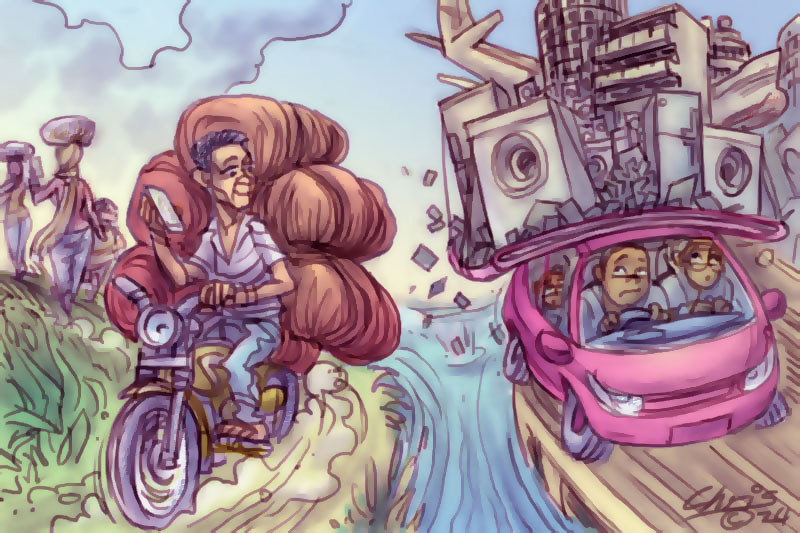
ECONOMICS
- David James
- 14 October 2024
Advanced industrial societies are running out of ideas, masking stagnation with financial trickery, which is now faltering. In contrast, developing nations can clearly advance through industrial phases, especially by building infrastructure. For them, the path to improving lives is clear; for developed nations, it remains uncertain.
READ MORE
-

INTERNATIONAL
- Melody Kemp
- 04 October 2024
2 Comments
By the time the last American bombs had fallen in 1973, Laos had attained the dubious title as the most heavily bombed country in the world per capita. An estimated 270 million bombs were dropped on this small country, 80 million of which remain unexploded.
READ MORE 
-

MEDIA
- David Halliday
- 23 September 2024
Social media regulation has been a long time coming. For the last eighteen years we’ve been running a social experiment where we watch what happens when we allow children to grow up with unfettered access to this technology.
READ MORE 